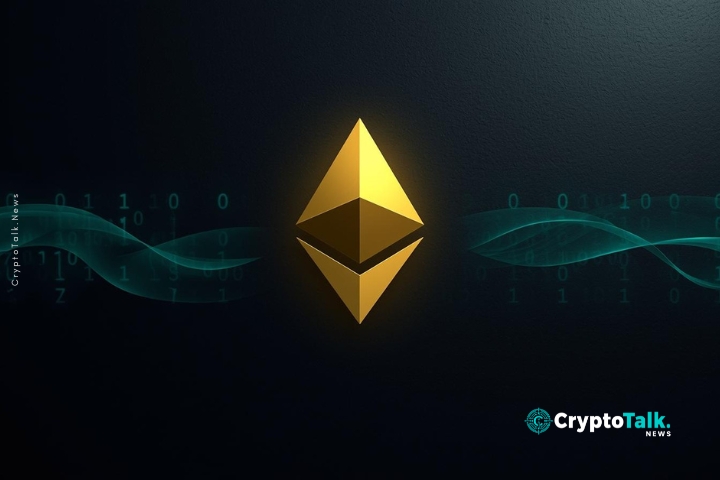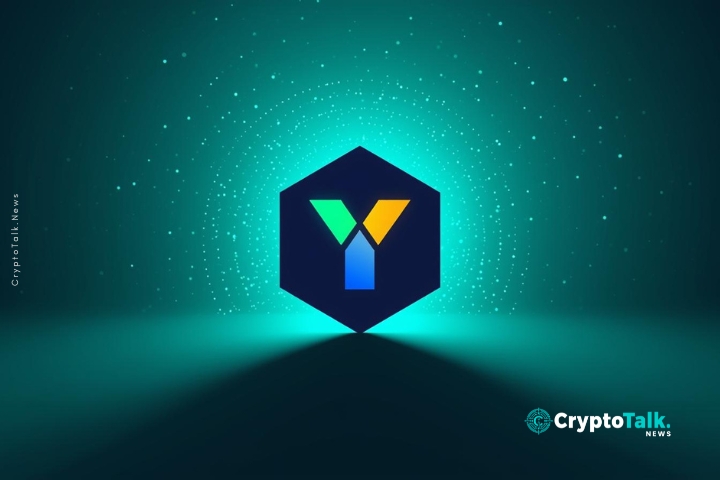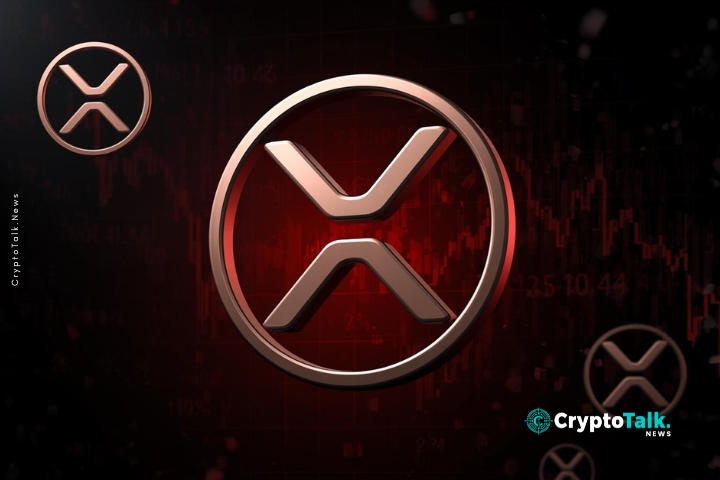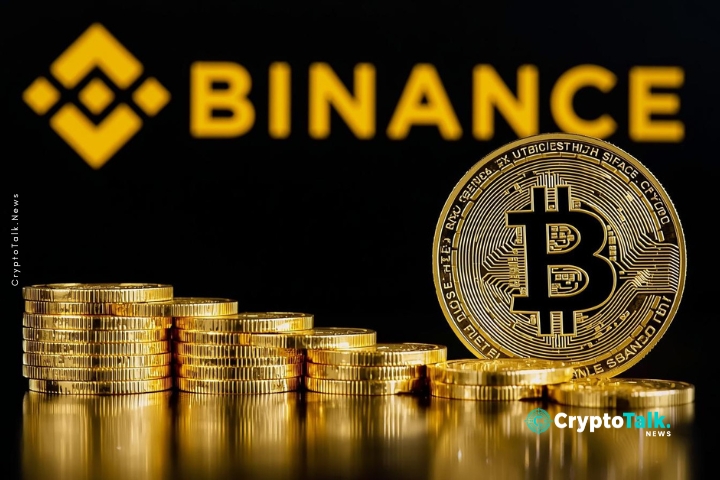Ethereum co-founder Vitalik Buterin unveiled a major step forward in blockchain privacy yesterday at the Devcon conference in Buenos Aires, Argentina, presenting the network’s new privacy framework, Kohaku. Designed as an open-source software development kit (SDK), Kohaku equips developers with the tools to build decentralized wallets that prioritize user privacy and security. The release signals Ethereum’s commitment to bridging what Buterin described as the “last mile” in achieving robust privacy protections for its users.
Speaking at the event, Buterin acknowledged that Ethereum still lags in privacy and security compared to where it could be, emphasizing that Kohaku represents an essential milestone toward improving these core aspects. Technically, the framework already integrates privacy-enhancing protocols such as Railgun and Privacy Pools, and future updates could include advanced features like mixnets and zero-knowledge based browsers.
Kohaku was first announced by Ethereum Foundation developer Nicholas Consigny last month and will initially serve as the foundation for a browser-based, privacy-focused wallet extension. The Ethereum Foundation plans to provide a reference implementation, enabling third-party developers to incorporate Kohaku into their own decentralized applications. The goal is to allow users to conduct transactions while revealing only the minimum necessary data, ensuring that each party involved has access only to what is essential for the transaction.
The release of Kohaku aligns with a broader Ethereum Foundation strategy to enhance privacy across the network. Last month, the foundation published a blog outlining its roadmap and establishing a dedicated internal “Privacy cluster,” led by Igor Barinov and comprising 47 top researchers, engineers, and cryptographers. This team is tasked with advancing projects such as private reads and writes, efficient proofs for identity and asset verification, selective disclosure for digital identities, and improving the overall user experience for privacy protocols.
From a market perspective, improved privacy infrastructure could increase user confidence and adoption, particularly among institutional players who prioritize security and regulatory compliance. Technologically, Kohaku positions Ethereum as a more robust platform in a competitive landscape where privacy and security are becoming critical differentiators. Analysts suggest that tools like Kohaku could also catalyze innovation in decentralized finance applications, creating more secure and confidential financial services on-chain.
Looking ahead, Kohaku represents a tangible step toward a future where Ethereum balances openness and decentralization with real-world privacy protections. As the framework evolves, it may set a new standard for privacy and security in blockchain networks, strengthening Ethereum’s reputation as a foundational platform for decentralized applications while addressing one of its most persistent vulnerabilities.
Author
-

Lena Hartman is a London-based crypto journalist and blockchain researcher with over 7 years of experience covering the global cryptocurrency markets. She earned her Master’s degree in Economics and Blockchain Technology from University College London (UCL) and has become a trusted voice in the world of digital finance. At CryptoTalk.news, Lena writes expert-level content on DeFi, NFTs, crypto regulations, exchange trends, and tokenomics. Known for her deep-dive analysis and sharp editorial insights, she helps readers understand both the technical and financial sides of the crypto space. Her work has also been featured in Euro News 24, Wall Street Storys, Daljoog News, and Wealth Magazine, where she covers everything from macroeconomic impacts on Bitcoin to emerging altcoin ecosystems. Lena is an advocate for financial literacy, a speaker at blockchain meetups, and a contributor to various open-source crypto education projects.
View all posts


























